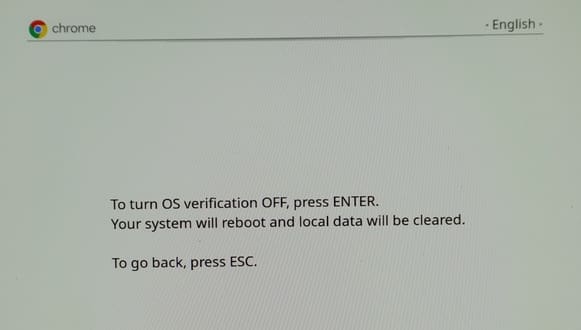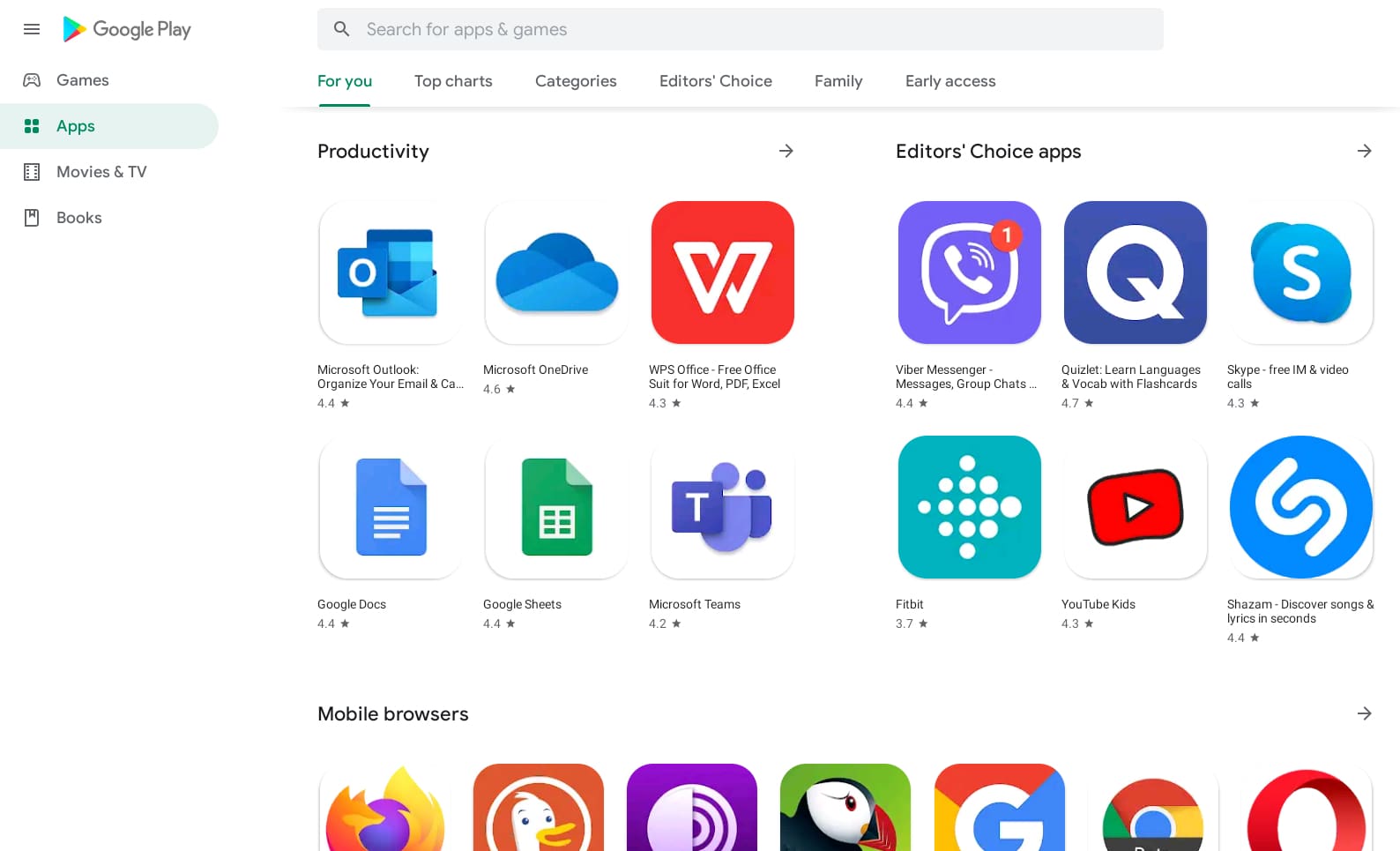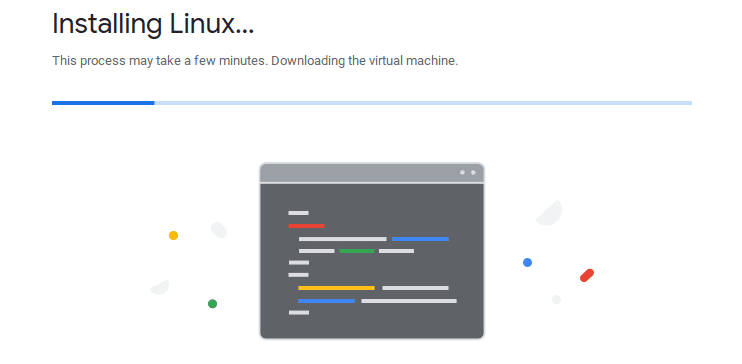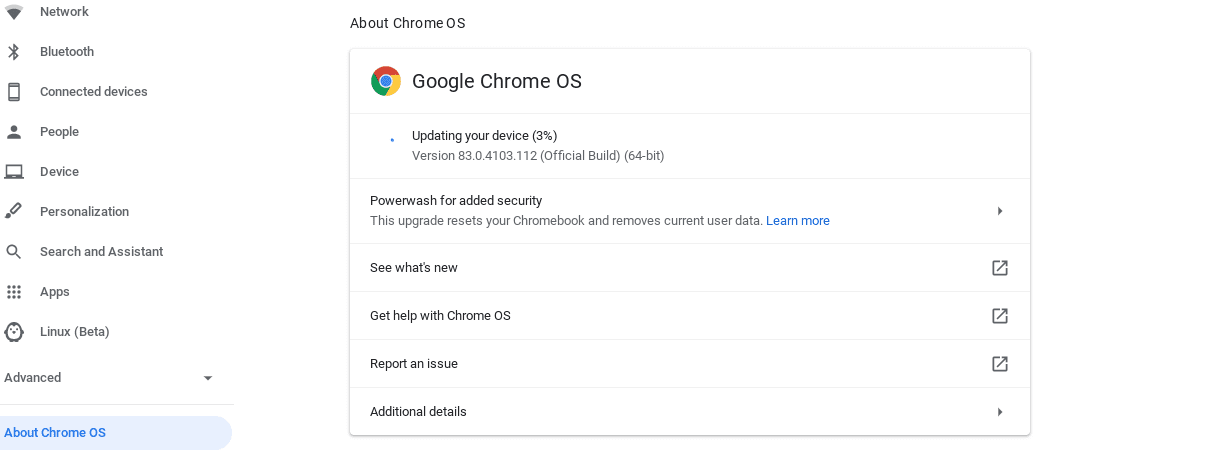Can Chromebooks get Viruses?
We want to begin by affirming that even though malicious malware or better coined as a “virus” doesn’t exist to a reasonable extent with all the moderation and advancement happening every day, no platform is immune to it present-day. And while this is true, please note that Chromebooks are also not exempt from this phenomenon.
Are Chromebooks Secure?
Google takes pride in mentioning how safe and secure its Chromebooks are. Some people even say that viruses cannot practically exist on Chromebooks, and this might be true in a narrow sense. At the very least, they are much more high-security than computers that run Windows, which can execute .exe files, which brings immense susceptibility to host a plethora of malware.
Google Pixel Slate
Also, Chromebooks run Chrome OS instead of Android. For those editions of these computers that support the Google Play Store, Android games and apps are always emulated to deliver the same experience, more or less. What we’re getting to is that Chrome OS doesn’t require device administration permissions, unlike Android, which is another profound reason for a Chromebook’s reliability.
Moreover, here is another feature of these quick-performing gadgets that make them quite hard to be infected with malware. Every time a Chromebook reboots or restarts, it performs what is called a self-check. Basically, the computer goes through its whole interface, scans for potential risks and malware, and gets rid of all the bad stuff on the spot. Pretty nifty, right?

OS Verification Turned OFF
One more reason why Chromebooks may seem almost impervious to viruses is the fact that they run every command and execute every operation in its isolated environment or sandbox. This applies to Android apps, browser extensions, and Chrome windows, enabling zero access among these, and for the system as well. We see why Google is so proud of its Chromebooks’ tight security.
Nonetheless, does this mean that you’re Chromebooks are safe? Absolutely NOT. Keep on reading to find out what could go wrong and how you could end up with malware on your Chromebook.
Why You Should Be Concerned
The same features that lend Chromebooks unmatched proficiency in browsing, convenience, and user-friendliness, are the same ones that make them liable to get infected with a virus. Malicious bodies can target these Chrome-powered computers via Android apps, and even through Linux that some Chromebooks can run. Two of these traits open up new possibilities that attract malware.
Furthermore, it would help if you worried the most about third-party app stores and ill-natured Google Chrome browser extensions. It’s through this way that malware can slip inside your Chromebook’s interface, and compromise your online accounts, snatch your data, and even steal your credit card information. Imitative browser extensions, in particular, serve as a portal for data-stealing phishing links, scams, and much more.

Google Play Store
Malware generally involves constituents other than viruses as well, typically involving spyware, rootkits, browser hijackers, and other software that’s created to incorporate maliciousness. While the Google Play Store is famous for its top-notch level of security from these ill-fated troublemakers, it’s seldom that a virus or two may break past all barriers and invade the Store by chance in the form of a fake app. These types of apps have the most potential to harm your device.
One more alarming cause that’s perhaps, the most critical one is the use of third-party app stores that possess a multitude of malware-containing applications. Usually, one opts for such a method to download apps because the one they want isn’t available on the Play Store, or it needs to be purchased. In their desire to download that app, third-party app stores seem the most appealing, but be wary of this fact that they could harm your computer more significantly out of anything else.
An illustrative example of this phenomenon is how you could download a fake cryptocurrency wallet through any app you download. This counterfeit fraud could end up stealing your cryptocurrency and would not allow you to withdraw any amount. Besides, there are also identical lookalikes of famous apps like Facebook and Telegram, which would only grab your data if you were to download them.
Then, there’s Linux. Although Linux doesn’t pose much of a danger, it does, however, become another target for malware to attack. Nevertheless, it is genuinely reliable, but the risk is indeed involved, may it be minimal. Additionally, there are other factors to watch out for as well. These may be virus-ridden websites that you may accidentally visit unsecured public Wi-Fi connections.

Linux Beta installation on a Chromebook
Helpful Tips and the Best Solutions
When your trusty Chromebook gets infected with malware, you’ll be prompted by a message that’ll say you have a virus, followed by a locked browser window. Now, as we mentioned before, rebooting your device does the trick 90% of the time. However, some cases might require you to Powerwash your Chromebook, which is equivalent to that of a factory reset. The following are some of the best preventive measures to take if you wish to keep your device virus-free.
Install Antivirus
Antivirus, especially that comes from a trusted name like Malwarebytes, can come in terrifically handy when it means to destroy invading malware. We advise to install antivirus software from day one, so you can minimize the risk of virus infections potently. We highly recommend Norton Mobile Security, TotalAV, and Bitdefender Mobile Security. All of these are available on the Play Store and require a paid subscription.
Update Regularly

Update ChromeOS
Holding back on your Chromebook updates and delaying them for no good reason can’t ever be a good thing for your speedy gadget. Whenever you’re being told that you need to update, do that on the spot without a second thought. Updates usually bring advanced levels of security, among other things, restart your device, which is another excellent way of eliminating risks, and give you a better version to work with. All in all, update your Chromebook regularly.
Ignore Third-Party App Stores
This might do you the best out of any other advice we give you. Just say NO to malicious third-party stores, you bring down the chances of virus infections drastically. Remember, apps that are only paid for in the Play Store can never bode well for your Chromebook if they’re offered to you for free somewhere else. You’re putting your whole device at risk if you choose to download anything from third-party app stores.
Be Wary of What You Install
Keep a keen eye out if you want to download anything. Ten seconds of thinking beforehand could save you from a malicious party. Whether it’s a browser extension or any app that has piqued your interest, ask yourself- am I downloading this from a trustworthy source? Try to do all installs from genuine places like the Google Play Store and Chrome’s Web Store. Even after that, the next step is to evaluate the authenticity of the app you’re downloading. Check the reviews, google the developer, and see if there are any red flags for this specific app.
Conclusion
We conclude this article by affirming that Chromebook is a truly secure device that doesn’t have many chances of getting mauled by a virus. This is mainly because of how there’s a lackluster of programs and operations you can perform on it. Even so, there still are loopholes and cracks through which malware could slip in. This is where you need to be critical and avoid fake sources and phony claims. In conclusion, keep an antivirus installed, and be careful in your browsing and downloads. For the most part, you’ll be safe and not have a thing to worry about.
